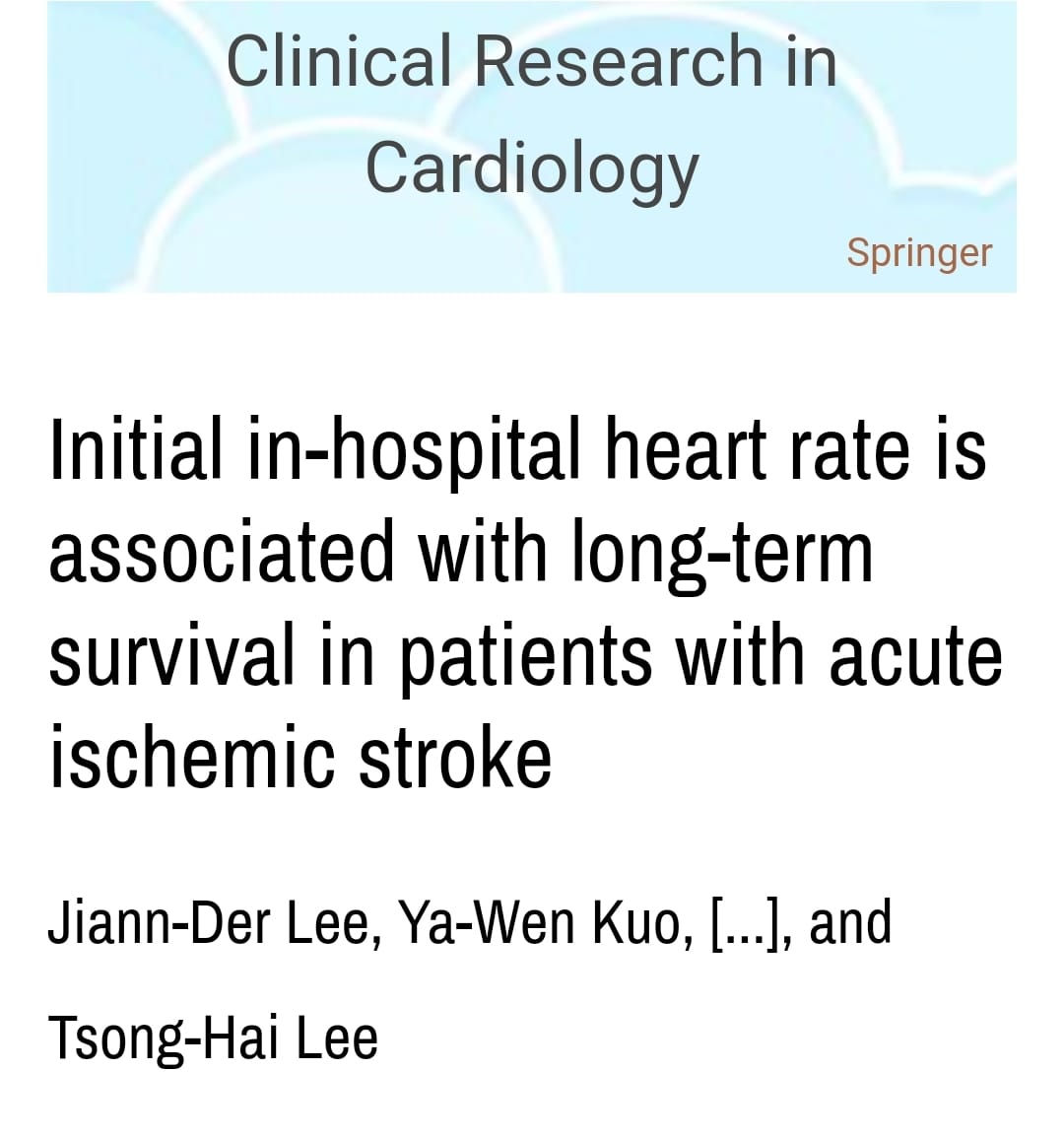
Relationship of #distance #run per week to coronary #Heart disease risk factors
1. Guidelines recommend 30 minutes of vigorous #exercise on most days, if not all days. What is the effect if one exceeds these limits? Is it beneficial or harmful?
#running #fitness #marathon
1. Guidelines recommend 30 minutes of vigorous #exercise on most days, if not all days. What is the effect if one exceeds these limits? Is it beneficial or harmful?
#running #fitness #marathon
2. Compared with runners who ran less than 16 km (10 miles) per week, long-distance runners (≥80 km/wk) showed:
#2.5 times higher prevalence of HDL>60 (protective against heart disease)
#50% reduction in hypertension
#>50% reduction in need to BP or cholesterol lowering drugs
#2.5 times higher prevalence of HDL>60 (protective against heart disease)
#50% reduction in hypertension
#>50% reduction in need to BP or cholesterol lowering drugs
3. Estimated age-adjusted 10-year coronary heart disease (CHD) risk was 30% lower in runners who averaged more than 64 km/week than in those who averaged less than 16 km/week (42 vs 61 events per 1000 men).
4. Each 16-km incremental increase in weekly distance run up to 79 km/wk was associated with significant increases in HDL cholesterol levels and significant decreases in obesity, triglyceride levels, the ratio of total cholesterol to HDL cholesterol level, and estimated CHD risk.
5. Conclusions: Running beyond recommended guidelines is safe, and runners can expect incremental benefits above 16 km/week, up to 79 km/week.
(Ref: jamanetwork.com/journals/jamai…)
(Ref: jamanetwork.com/journals/jamai…)
• • •
Missing some Tweet in this thread? You can try to
force a refresh











